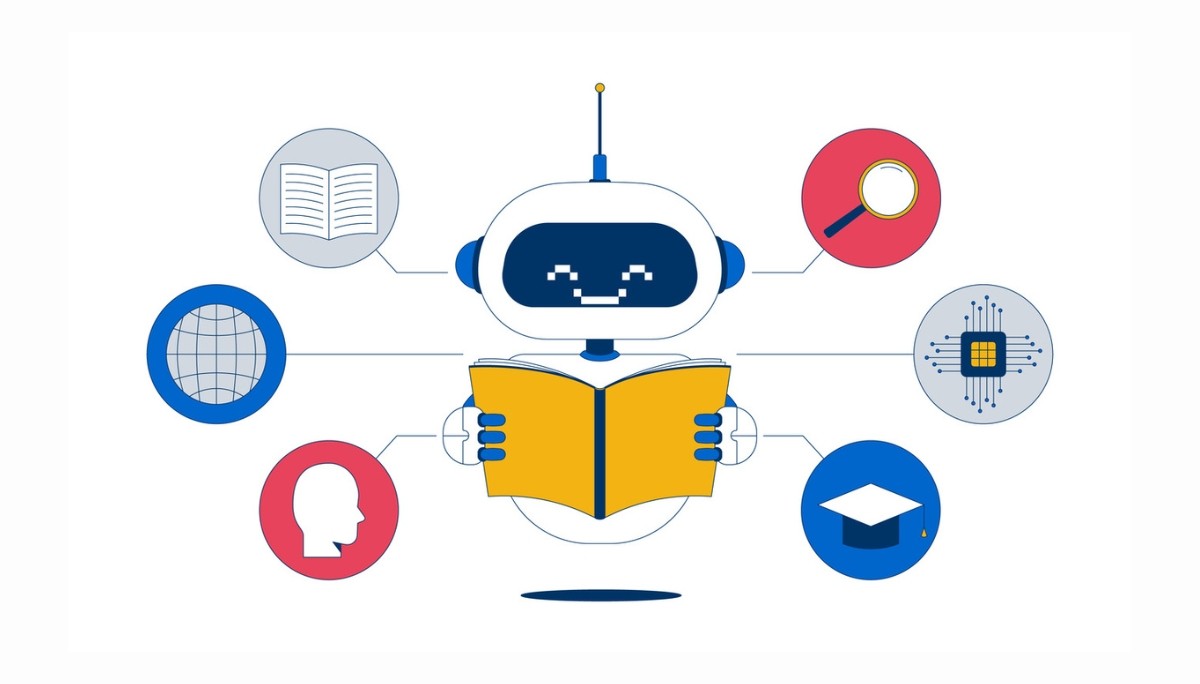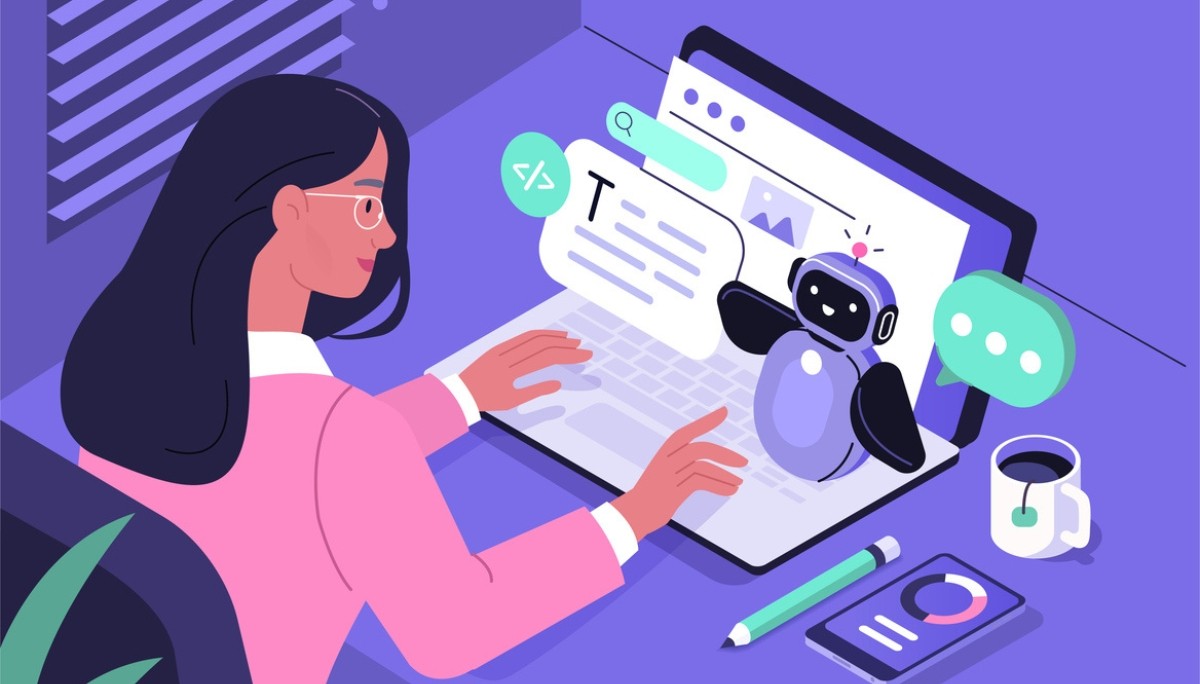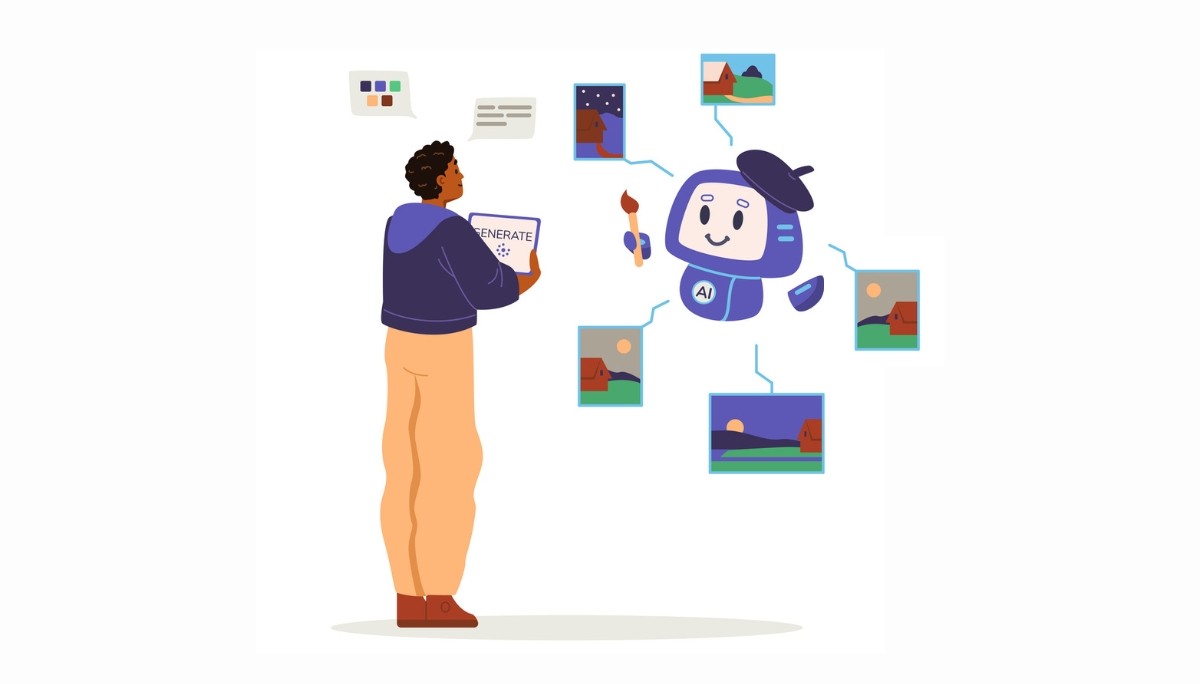How Artificial Intelligence Is Composing the Future of Music
By
Liz Fujiwara
•
Sep 15, 2025
Artificial intelligence music generators use sophisticated algorithms to create new music, transforming how artists, producers, and even casual listeners engage with composition. By learning from existing songs, these tools can produce original pieces in a wide range of genres and styles, from classical to electronic. Beyond simply automating the creative process, AI music generators are revolutionizing the industry by dramatically reducing production time, providing accessible entry points for beginners, and offering advanced customization features for professionals. In this article, we’ll explore how AI music generators work, highlight leading tools in the space, and examine the ways they are reshaping creativity, personalization, and collaboration in music.
Key Takeaways
AI music generators are revolutionizing music production, enabling artists to create and release an unprecedented number of tracks each day.
Customization is central to this shift, allowing creators to shape compositions by adjusting parameters such as tempo and genre to achieve a unique sound.
At the same time, ethical considerations such as concerns about voice cloning and job displacement highlight the importance of using this technology responsibly.
Overview of AI Music Generators

The use of artificial intelligence in music has surged, enabling artists to create content rapidly and manipulate sound in innovative ways. This technological advancement has led to an explosion in the number of songs produced, with more than 20,000 tracks released daily. This sharp rise in production is revolutionizing the music industry, making it more dynamic and diverse.
Major music streaming platforms such as Apple Music use AI to enhance user experience with personalized recommendations, helping listeners discover music that aligns with their tastes while promoting artists to a broader audience. The ability of AI to analyze listening habits and suggest tracks has become a crucial tool for both consumers and creators in the industry.
One of the most notable milestones in AI music is the release of the first AI-assisted single by The Beatles, titled Now And Then, in November 2023. This achievement highlights the potential of AI in music, showing how technology can bring new life to unreleased works and create songs that resonate with both longtime fans and new audiences.
In addition, the recognition of the first AI-assisted song by the Recording Academy signals a significant step toward greater AI integration in the music industry.
How AI Music Generators Work
Generative AI in music uses sophisticated algorithms to create new compositions by learning patterns from existing works. These algorithms analyze vast amounts of data to identify musical structures and generate pieces that mimic the styles and genres they have been trained on. This process enables AI to produce music that is both innovative and familiar, blending creativity with computational precision.
Machine learning models within AI music generators are central to this process. These models analyze music to identify structures and patterns, which are then applied to generate new compositions. Deep learning, a subset of machine learning, involves training models on extensive datasets to capture intricate musical patterns. This technique allows AI to produce music that is complex and nuanced, often indistinguishable from human-created works.
Neural networks, designed to mimic brain functions, also play a key role in AI music generation. They recognize patterns and produce compositions that evoke emotions and convey artistic intentions, simulating the way the human brain processes music. The combination of these advanced technologies enables AI music generators to create high-quality, original music that can rival human creativity.
Top AI Music Generator Tools in 2025

Several AI music generator tools in 2025 stand out for their innovation and user-friendly features. Beatoven.ai is one such platform, offering an intuitive interface for creating and customizing tracks. It enables users to compose music using multimodal prompts, making the process more accessible and flexible. With a free trial available for five generations using both the Composer and Maestro models, users can explore its capabilities before committing to a subscription. These tools collectively improve the overall experience for creators.
Suno AI and Beatoven.ai both offer standout features for music creation:
Suno AI enables users to generate two songs at once from a single prompt.
It has a user-friendly interface that accommodates various styles, making it versatile across genres.
Beatoven.ai provides prompt-based customization, allowing users to tailor creations to specific needs.
It delivers royalty-free music that can be adapted for personal or commercial projects.
Flexibility in monetization is another strength of Beatoven.ai:
Users can pay per track or subscribe for unlimited downloads.
The platform’s clean, straightforward interface simplifies the music creation process.
Licensing options ensure that creators can monetize their AI-generated music with confidence.
Customizing AI-Generated Music

Customization is a crucial aspect of AI-generated music, allowing creators to shape the characteristics of their compositions. AI music generators enable users to input parameters such as tempo, key, and genre to guide the final output. This level of control helps artists produce music that reflects their vision and style, making the technology highly adaptable to individual creative needs.
Once a composition is generated, some AI music tools offer real-time editing and adjustments. These features allow users to manipulate musical elements on the fly, refining the sound to better match their preferences. Advanced options also enable creators to rearrange song sections, providing even greater flexibility in tailoring music to specific requirements.
Many AI tools include templates based on specific genres, streamlining the process of music creation. Users can also upload reference tracks that influence the generated style, ensuring that the final composition closely aligns with their creative intentions. This combination of customization options and advanced features makes AI music generators powerful tools for artists looking to innovate and experiment with new sounds.
Licensing and Monetization
Licensing and monetization are critical considerations for creators using AI-generated music. Understanding AI music licensing ensures that creators have the legal permissions to use and monetize their work. Sync licensing, for example, allows music to be paired with visual media, enabling creators to earn fees and royalties when their tracks are used in films, commercials, or games.
Royalty-free music platforms provide another avenue for monetization, allowing creators to distribute AI-generated tracks and earn income from online streams and downloads. For example, Beatoven.ai:
Prohibits the resale and distribution of tracks composed using its platform, ensuring that creators retain control over their music.
Offers flexible pricing options, including pay-per-minute plans and annual subscriptions.
Caters to both individuals and professional creators with tailored pricing structures.
Soundverse uses a tiered subscription model that grants varying levels of commercial use for AI-generated music and audio. This flexibility enables creators to select the plan that best suits their needs, whether they are selling music to other creators or providing subscription-based access to new tracks. AI tools are thus creating new opportunities for musicians to monetize their work and expanding the traditional boundaries of the music industry.
Ethical Considerations in AI Music
The rise of AI in music introduces several ethical considerations. One major concern is the use of voice cloning technology, which raises questions about consent and the potential misuse of an artist’s voice. There are also concerns that AI’s ability to generate music could reduce job opportunities for human musicians.
At the same time, AI’s role in music has been celebrated, as seen with the Grammy recognition of The Beatles’ AI-assisted song. This milestone marks a new chapter in the music industry, showcasing the potential for AI to enhance and preserve artistic works.
As the technology continues to evolve, it is essential to address these ethical challenges to ensure the responsible use of AI in music production.
Success Stories with AI Music

AI’s influence in live performances is growing, with virtual concerts featuring AI avatars and real-time adaptive visuals becoming increasingly popular. These performances highlight the potential of AI to create immersive and dynamic live music experiences, offering audiences new ways to engage with music.
Successful implementations of AI in music also include collaborations between artists and AI technologies. These partnerships have produced groundbreaking projects that push the boundaries of creativity and innovation. By leveraging AI, musicians can explore new genres, experiment with different styles, and create music that resonates globally.
Future Trends in AI Music

The future of AI music is filled with exciting possibilities. Studies show that music practitioners who utilize AI technology often report enhanced creative outputs. Younger musicians, in particular, tend to be more receptive to AI tools, allowing them to produce more innovative and complex works compared to their older counterparts. This evolution in the industry is also shaped by the diverse range of music emerging today, including the contributions of talented new artists.
AI technology is expected to significantly increase collaboration between musicians and technology, enabling artists to explore new genres and styles. Personalized music generation driven by AI will allow users to request unique soundtracks tailored to their specific preferences. This trend points to a future where music creation becomes increasingly personalized and accessible.
The rise of fully automated music composition suggests that entire tracks could be created without human involvement, raising questions about the emotional depth of music. However, it also offers new opportunities for artists to focus on creative exploration rather than technical complexities. As AI continues to advance, it will play an increasingly significant role in shaping the future of music.
Top AI Music Generator Tools
Tool | Free Plan Details | Paid Plan Starting Price | Key Features |
Beatoven.ai | Free trial for five generations | ₹299 per month | Multimodal prompts, customization, royalty-free music |
Suno AI | 50 credits per day | $8 per month | Generate two songs at once, various styles |
10,000 credits per month | $5 per month | Generates songs for personal and commercial use | |
Free plan for music generation | $16.99 per month | Music generation, commercial use | |
100 credits monthly, 10 daily | $8 per month | AI-generated music, flexible credits | |
Completely free in beta | N/A | No registration required | |
Unlimited songs up to 60 seconds | $8 per month | Music generation, longer tracks available | |
25 soundtracks monthly | $11.69 per month | Personalized music generation | |
25 AI song generations per month | $5.99 per month | AI-generated songs, flexible plans |
How Fonzi Supports AI Music Innovation
Fonzi is a curated artificial intelligence engineering talent marketplace that connects companies with top-tier, pre-vetted AI engineers through its recurring hiring event, Match Day. Fonzi ensures a faster hiring turnaround, often within three weeks, while maintaining a positive experience for candidates. This efficient process supports both early-stage startups and large enterprises, accommodating hires from the first AI engineer to the 10,000th.
Fonzi’s structured evaluations, built-in fraud detection, and bias auditing set it apart from traditional job boards and black-box AI tools. This high-quality hiring process strengthens the interaction between companies and AI talent, promoting collaboration in AI music innovation.
By providing access to top AI engineers, Fonzi advances the capabilities and applications of AI in music.
Conclusion
AI is undeniably transforming the music industry, providing innovative tools for creation, customization, and monetization. From understanding how AI music generators work to exploring top tools and future trends, it is clear that AI is here to stay. The integration of AI in music not only enhances creativity and efficiency but also creates new opportunities for artists and creators.
Looking ahead, the collaboration between AI and human creativity will continue to evolve, pushing the boundaries of what is possible in music. For anyone interested in creating music, AI platforms offer a fun and innovative way to get started.




